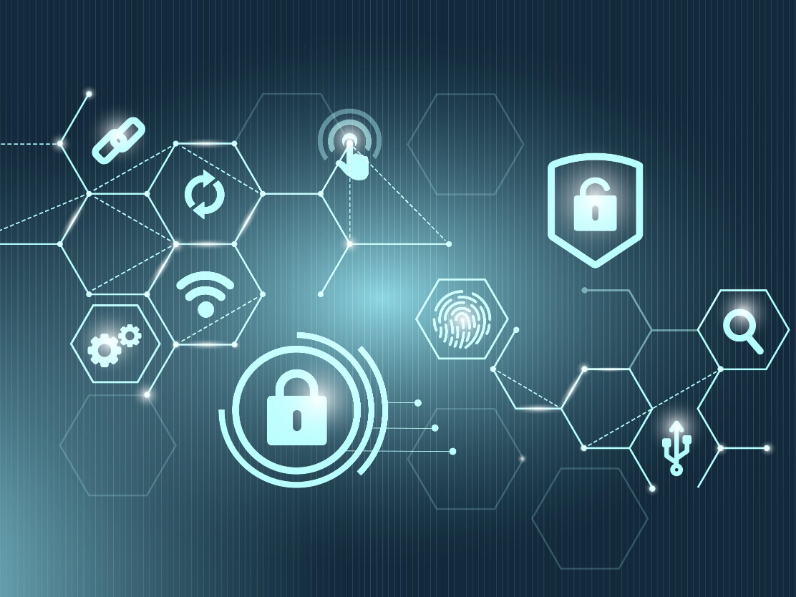- Major data breach at leading global bank raises concerns over both computer and information security.
- New regulations introduced to strengthen information security measures in the financial sector.
With the increasing reliance on technology, the terms “computer security” and “information security” are often used interchangeably. However, these concepts, while related, are distinct. Understanding the difference is crucial for businesses and individuals alike to safeguard their digital assets effectively.
Defining the differences
Computer security
Computer security is primarily concerned with the protection of computer systems, including hardware, software, and network infrastructure. It aims to defend these systems against various threats such as viruses, malware, and hacking attempts.Methods include firewalls, antivirus software, intrusion detection systems, and regular system updates. The focus is on ensuring the integrity, availability, and confidentiality of the computing environment. In 2020, the SolarWinds cyber-attack highlighted the importance of computer security. Hackers infiltrated government systems by compromising software updates, showcasing how vulnerabilities in computer security can lead to significant breaches.
Also read: AI in cybersecurity: Challenges and opportunities
Information security
Information security, on the other hand, encompasses a broader scope. It involves protecting data, whether it’s stored electronically, printed, or spoken. This field focuses on maintaining the confidentiality, integrity, and availability of information across all forms and channels. Strategies include encryption, access controls, data masking, and robust policy frameworks. The aim is to secure information throughout its lifecycle, from creation and storage to transmission and disposal. The GDPR (General Data Protection Regulation) enacted in the European Union underscores the critical nature of information security by enforcing strict data protection and privacy laws. These regulations ensure that organisations handle personal data responsibly, protecting individuals’ privacy and rights.
Also read: Is cyber security more valuable than computer science?
Core differences explained
Scope and focus
Computer security is hardware and software-centric, while information security is data-centric. For instance, a company might use antivirus software to protect its computers from malware (computer security), but it would implement encryption to protect sensitive customer data (information security).
Methods and tools
Computer security utilises specific tools like firewalls and antivirus programs. Information security employs a variety of measures such as encryption and access control policies to safeguard data integrity and confidentiality. An example is using a VPN to secure data transmission over the internet, protecting it from eavesdropping and interception.
Applications and importance
While both are crucial, computer security is often seen as the first line of defence against cyber threats. Information security, however, provides a comprehensive approach to protect the most valuable asset – data. For example, during the SolarWinds cyber-attack, computer security measures may have prevented the intrusion, but information security protocols ensured that sensitive information remained inaccessible to unauthorised users.
A personal take
Recognising the distinct roles of computer security and information security is essential in today’s digital landscape. By integrating both strategies, organisations can build a more resilient defence against cyber threats. Embracing this dual approach not only protects technological infrastructure but also secures invaluable data, fostering trust and integrity in the digital age.
Every step towards enhancing these security measures is a stride towards a safer, more secure future. In an era where data is the new currency, safeguarding it should be our top priority. The vigilance we exercise today will define the digital resilience of tomorrow.

